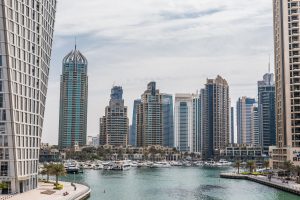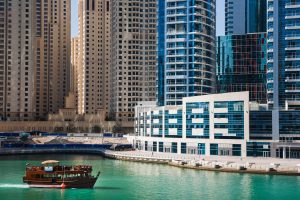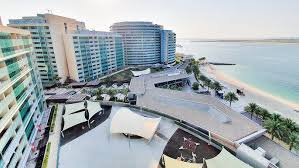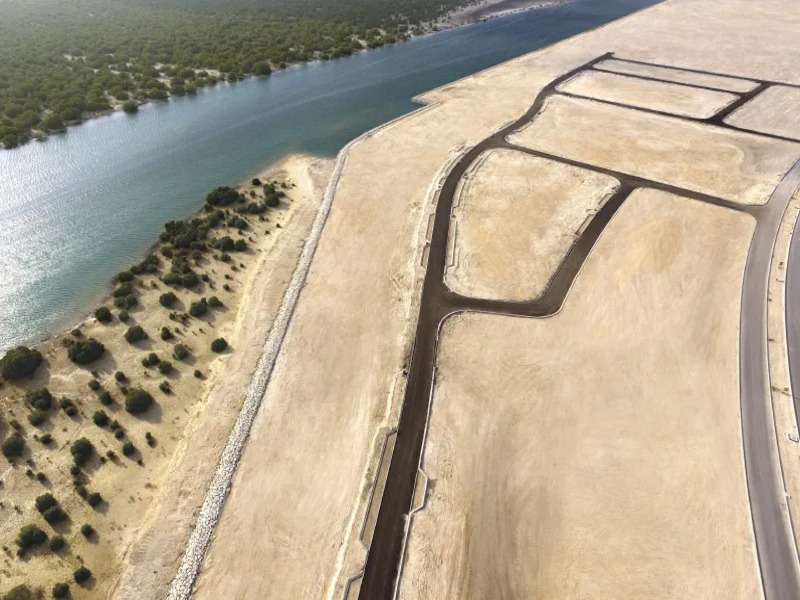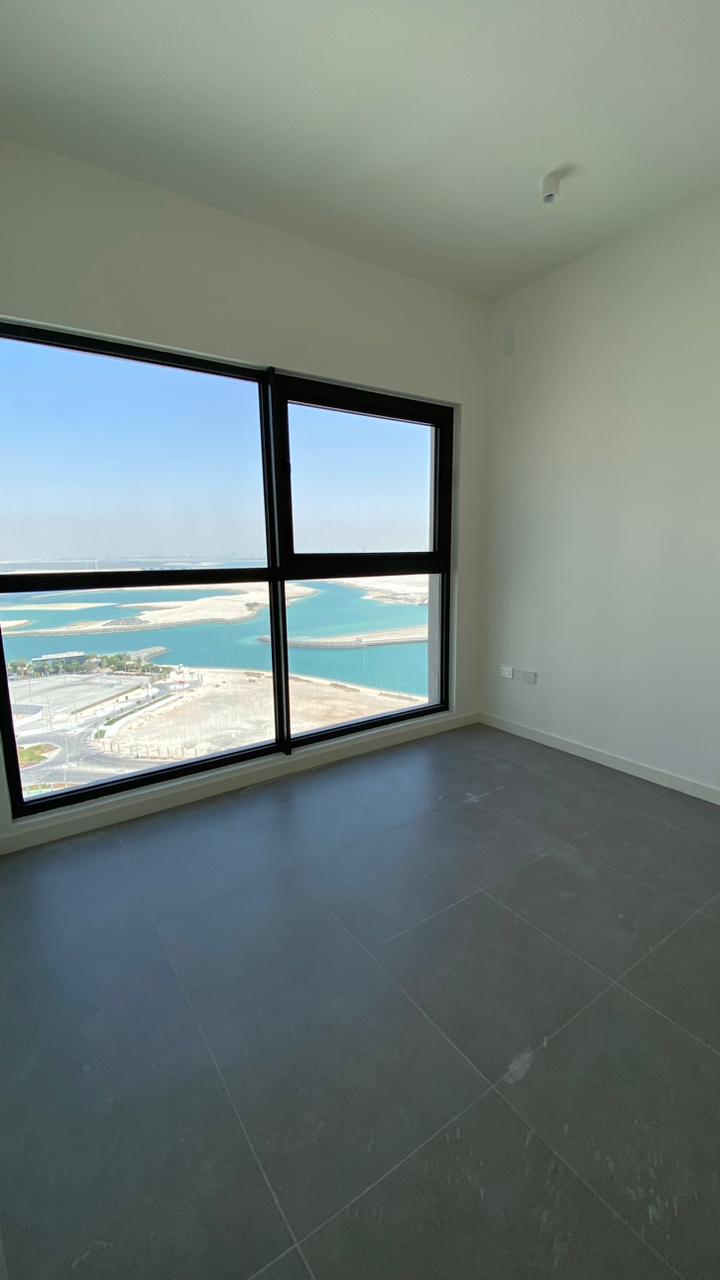Real Estate Financing in UAE is evolving rapidly, making property ownership achievable for both locals and expatriates. With a range of options including conventional mortgages, Sharia-compliant Islamic finance, and expat-friendly loans, investors now have multiple pathways to secure their dream property in prime locations such as Dubai Marina, Downtown Dubai, Abu Dhabi’s Saadiyat Island, and emerging communities like Dubai South. Understanding these financing options is essential for making informed investment decisions, ensuring both affordability and long-term returns while maximizing rental yields and capital growth.
Understanding Real Estate Financing in UAE
Real estate financing refers to the process of securing funds to purchase property. In the UAE, investors can choose from:
- Conventional Mortgages – Standard home loans offered by banks with fixed or variable interest rates, typically used to buy apartments, villas, or commercial spaces in established areas like Jumeirah, Palm Jumeirah, and Al Raha Beach.
- Islamic Finance (Sharia-Compliant) – Interest-free loans structured under profit-sharing agreements, compliant with Islamic law, often used in both residential and commercial property purchases.
- Expat-Friendly Financing – Tailored options for non-UAE nationals, offering flexible down payments and repayment plans suitable for properties in freehold zones such as Dubai Marina, Downtown Dubai, and Business Bay.
Each option comes with specific eligibility criteria, terms, and benefits, making it essential to evaluate what aligns with your real estate investment goals and long-term property strategy.
Key Financing Options
1. Conventional Mortgages
- Eligibility: UAE residents and expats with valid visas and income proof.
- Loan-to-Value (LTV): Typically 70–80% for residents, 50–60% for non-residents.
- Repayment Terms: Up to 25 years, depending on age and income.
- Advantages: Predictable interest rates, structured repayment schedules, and widely available for apartments, villas, and commercial units.
2. Islamic Home Finance
- How It Works: Banks purchase the property and sell it to the buyer at a profit margin.
- Compliance: Fully Sharia-compliant, avoiding interest (Riba).
- Repayment Flexibility: Options to pay monthly installments or lump sums based on agreements.
- Benefits: Attractive for ethical investors and widely used for both residential and commercial property purchases across Dubai, Abu Dhabi, and Sharjah.
3. Expat-Friendly Financing
- Target Audience: Foreign nationals working in the UAE.
- Requirements: Proof of income, UAE bank account, passport, and residence visa.
- Loan Structures: Often require higher down payments (20–50%) with competitive interest rates.
- Advantages: Enables international investors to purchase properties in freehold areas such as Dubai Marina, International City, and Jumeirah Village Circle, allowing access to high-demand rental markets.
Steps to Secure Real Estate Financing in UAE
- Evaluate Your Budget – Determine affordability considering down payment, monthly installments, fees, and potential rental income.
- Choose the Right Financing Option – Compare conventional, Islamic, and expat-friendly loans for specific property types, including apartments, villas, and commercial units.
- Get Pre-Approval – Banks provide pre-approval based on income and credit history, strengthening your negotiating power for properties in prime locations.
- Submit Required Documents – Passport, visa, salary certificates, bank statements, and property agreement.
- Complete Property Registration – Register the financed property with the Dubai Land Department or respective emirate authority, securing your ownership rights.
Following these steps ensures a smooth property purchase, minimizes risks, and maximizes investment potential.
Benefits of Real Estate Financing in UAE
- Access to High-Value Properties – Financing enables buyers to invest in premium locations such as Downtown Dubai, Palm Jumeirah, and Saadiyat Island without full upfront payment.
- Capital Growth Potential – Properties in Dubai and Abu Dhabi consistently appreciate, offering long-term returns.
- Flexible Repayment Plans – Various options tailored to residents and expatriates make large-scale investments manageable.
- Diversification of Investments – Using financing, investors can purchase multiple properties in emerging markets such as Dubai South or Al Reem Island, spreading risk and maximizing rental yields.
Tips for Choosing the Right Financing Option
- Understand Loan Terms – When exploring Real Estate Financing in UAE, it’s essential to carefully review the loan terms offered by banks or financial institutions. Check the repayment period, interest rates, and early settlement fees, as these can significantly impact your monthly obligations and overall investment returns.
- Consider Long-Term Goals – Align your Real Estate Financing in UAE decisions with your long-term investment horizon. Consider factors such as expected rental income, potential property appreciation, and resale plans in high-demand locations like Downtown Dubai, Dubai Marina, or Saadiyat Island in Abu Dhabi.
- Work with Certified Brokers – Professional advice helps navigate market trends, regulatory requirements, and investment opportunities across the UAE property sector.
- Assess Interest Rates and Fees – Comparing interest rates and fees across multiple lenders is a crucial step when seeking Real Estate Financing in UAE. Evaluate both residential and commercial real estate financing options, including conventional mortgages and Sharia-compliant Islamic finance.
Conclusion
Real Estate Financing in UAE has made property investment more accessible than ever, allowing investors to secure homes, apartments, villas, or commercial units across Dubai, Abu Dhabi, and other emirates. With options catering to residents, expatriates, and those seeking Sharia-compliant solutions, investors can confidently plan purchases that maximize capital appreciation, rental yields, and long-term returns. By understanding financing options, evaluating budgets, and following proper procedures, investors can successfully navigate the UAE real estate market while building wealth and securing a home or investment property.


